What Is a Sync Agent & Do You Need One?
December 18, 2022
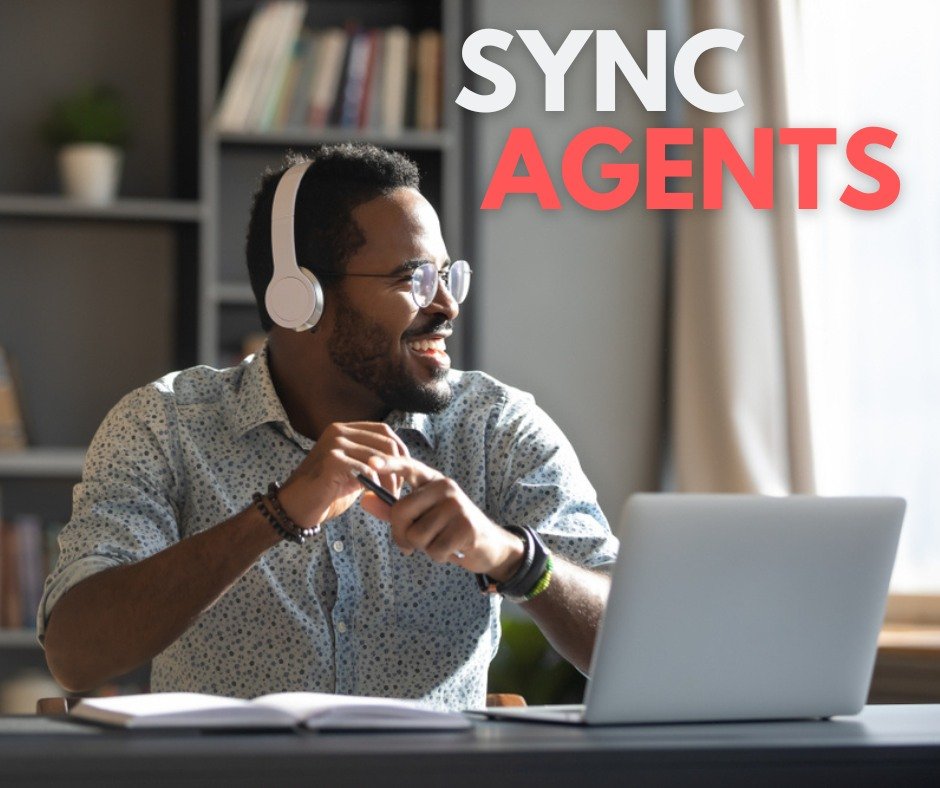
Have you been wondering how to find a sync agent for your music?
Are you finding it difficult to research who the top sync agents and sync licensing agencies are?
In the past few years, sync licensing has exploded.
- More and more indie artists have come to realize that sync licensing is a viable way to get their music heard and to get paid for their music.
- Plus, music supervisors love discovering new artists and are more open to placing indie music in their TV, film, and advertising projects.
How Do You Get Your Music Heard?
There are several ways an indie artist can approach sync licensing.
1. Research, network and develop relationships with music supervisors so you can pitch your music directly to them for sync placement.
2. Or find a sync agent or sync licensing agency to represent your music and pitch your songs for you.
There are advantages and disadvantages to both.
In this post, our sync experts at Sync Songwriter will discuss what a sync agent is, what they do, how to find a sync agent or sync licensing agency, and how to determine if an agent is what you need.
Pitching to Music Supervisors on Your Own
First, let’s briefly discuss pitching to music supervisors on your own.
Understandably, music supervisors won’t open emails or listen to unsolicited music from someone they don’t know or trust.
When music supervisors are looking for songs, they generally depend on trusted sources like music publishers, labels, music libraries, sync agents, and sync licensing agencies.
They know that these trusted sources understand the industry and will only send curated music that is “on-target” for what the music supervisors are looking for.
So, to pitch directly to a music supervisor, you first need to develop a relationship and earn their trust. That means you need to:
- Use resources like IMDB or Tunefind to research shows that use your type of music.
- Discover who the music supervisors are and become familiar with their work.
- Target your music to the shows and supervisors (don’t send pop songs if the show’s vibe is hip hop and R&B)
- Craft a professional email pitch to get their attention.
- Develop and foster a relationship with music supervisors until you earn their trust.
This approach will work but it does take some tenacity and due diligence…and patience. The upside is that you keep 100% of the sync fees and 100% of the master fee if you own your own masters.
Should You Use a Sync Agent?
Music supervisors appreciate working with sync agents and sync licensing agencies because they know that the curated music will not only be great but also one-stop, fully cleared, and correctly targeted for the project they are working on.
One-Stop simply means the music supervisor will only have to deal with one person to ensure the song has been cleared and can be licensed.
Signing with a sync agent or sync agency may be a better option for you if:
- You want to spend more time making music instead of marketing your music.
- You want a professional to represent you that already has excellent relationships with many music supervisors.
You won’t find a list of sync agents online so how do you get a sync agent?
First, You Must Know Who You Are as An Artist
A sync agent will want to work directly with you to fully understand your sound and who you are as an artist. They also prefer working with artists that have some kind of understanding of how sync licensing works.
They want to empower you and help you advance your career so, to attract the attention of a sync agent, you must know your sound and what type of artist you are.
A sync agent’s sole responsibility is to know you as an artist, know your music and lyrics, and be thrilled about representing you.
What Does a Sync Agent Do?
A sync agent is someone who cares deeply about film and television and will act as your intermediary, proactively looking for music sync opportunities and connecting with music supervisors on your behalf. Some music sync agents work independently, and others work for sync licensing companies.
Most sync agents and sync licensing agencies have developed close relationships with multiple music supervisors across television, film, and advertising.
And since they are a trusted source for music, a sync agent will get dozens of sync briefs from music supervisors daily or weekly. That means they are constantly targeting and pitching your music for multiple opportunities.
Sync Agencies Differ from Music Sync Libraries
Music Libraries
Music libraries are more like a repository with a passive collection of music that supervisors can peruse, much of which may be outside the mainstream. They tend to charge a flat fee for licensing, which can cost less for the music supervisor but also means sync fee payouts can be much lower for artists.
A music library may be a good option for artists that write mostly instrumentals, ambient music, or music that is more niche.
Music Sync Licensing Agencies
A sync licensing agency will have a much smaller roster and typically only represents songs and artists that have been hand-picked. As a trusted source for music, sync agencies tend to get sync briefs directly, and proactively send out curated music to the music supervisors.
What to Expect from a Sync Agent
Sync agents not only work with artists but will also work with producers and composers. They also listen to many artists on streaming platforms, label releases, social media, and artist submissions through their website or email.
Below is an outline of what you can expect from an agent or sync licensing agency that represents you:
- They will get to know your music catalog intimately, including your songs’ genres and lyrics.
- They will help you to properly prepare your music for sync licensing, from metadata and file formats to creating playlists and alternative versions and verifying song ownership and clearances.
- They research TV and film projects that use similar types of music found in your catalog.
- They target your songs for the right projects including any sync briefs they receive that are looking for your type of music.
- They network their extensive list of contacts and personally pitch your curated songs to music supervisors.
- They are also very knowledgeable at negotiating the best sync licensing deal. This includes creating and confirming all the details of the music sync license agreement, getting them signed, getting them invoiced, and processing the payments.

In short, sync agents are professionals at researching and pitching your music for the right sync licensing opportunities.
They do all the necessary legwork with a level of commitment that very few artists can do on their own. Plus, a sync agent will constantly be working on your catalog and representing you at every opportunity.
Genres & Niches
Not unlike labels or music publishers, sync agents tend to find a niche and represent artists in certain genres.
When looking for a sync agent or sync licensing agency, try and find out the types of artists they represent. If a sync agent primarily works with hip hop and R&B artists and you are a country artist, you may not be a good fit.
If you sign with a sync agent that works specifically with music in your genre, they will actively promote your catalog. When they believe in you and your music, they will advocate why your music should be heard and synced.
How Are Sync Agents Paid?
Sync Licensing Fee
Sync agents generally only take a portion of the sync licensing fee with a 50/50 split being the industry standard. Some sync licensing agencies may take more or less depending on what you negotiate.
Master Licensing Fee
If you own the master recording, you would retain 100% of the master licensing fee.
Song Royalties
Music sync agents are not eligible for royalty payments. If you own the song (you are the writer), and the song is your intellectual property, your song can potentially earn royalties every time your song is used.
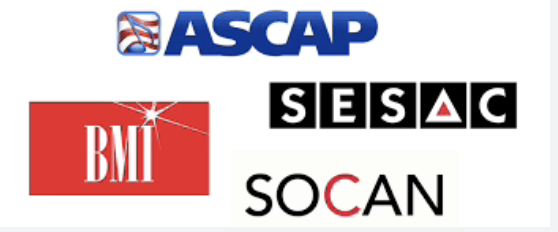
To collect song royalty payments, you must be registered with a Performing Rights Organization (PRO) in your country of origin. There are three PROs in the United States, ASCAP, BMI, and SESAC. The PRO in Canada is SOCAN.
Connecting with Sync Agents
To connect with sync agents, music supervisors and other artists interested in sync licensing, it’s a good idea to attend webinars, events, and sync conferences like those held by the Guild of Music Supervisors.
When contacting sync agents or sync licensing agencies be courteous and professional. Your goal is to create a relationship so always be respectful with them and their time.
Once you’ve completed your research and you know the sync agents you want to reach out to, here are a few guidelines that you can follow. This is by no means an exhaustive list but it is a good place to start:
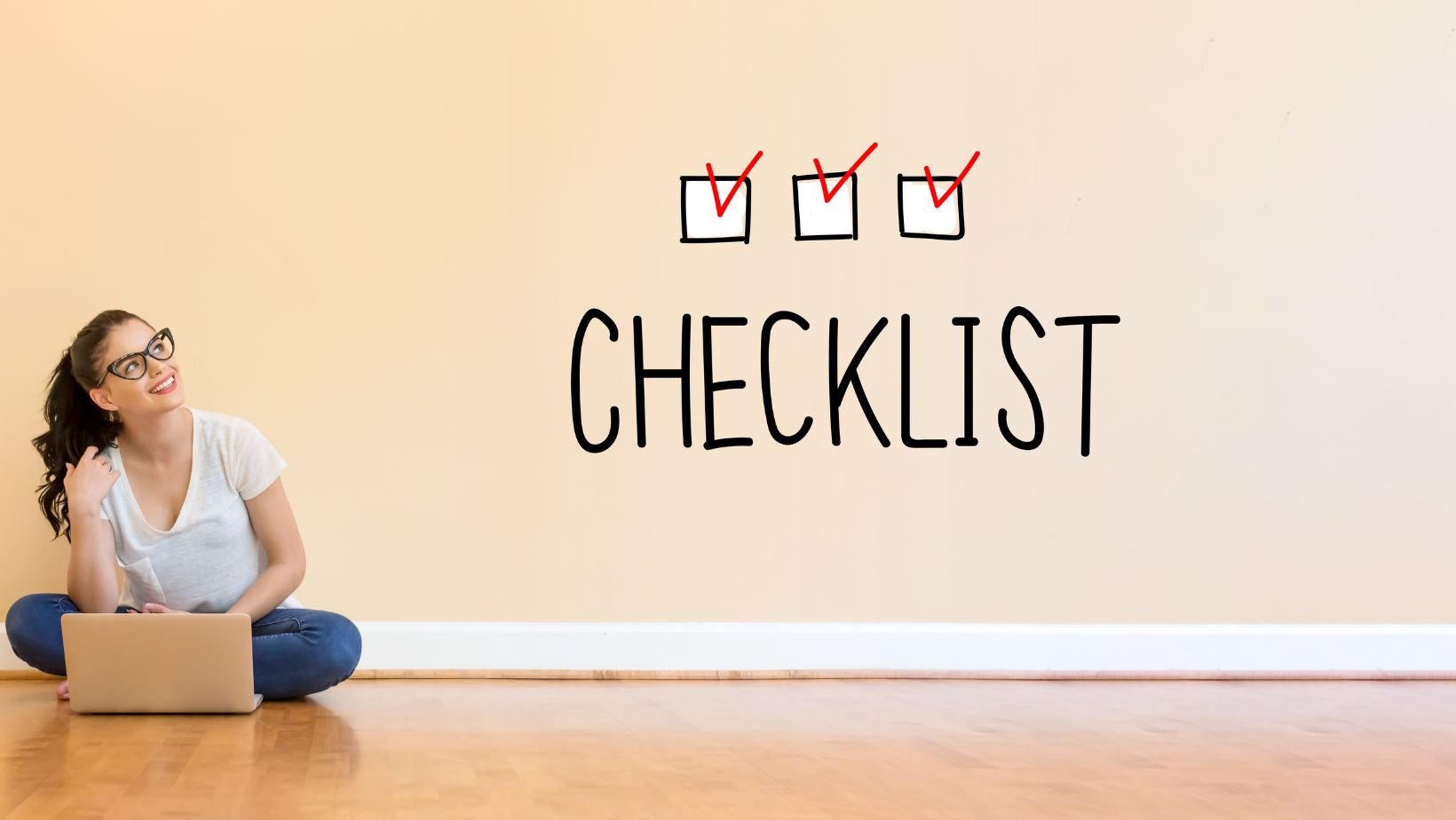
- Never DM sync agents with links to your music. This approach is not professional.
- Never include attachments with your email – they won’t get opened.
- Only send links that won’t expire where they can stream and download your music.
- Make sure all the MP3 files in your downloadable links include Metadata (including your contact information).
- Only submit 3 – 5 of your best songs unless otherwise specified.
- Always research the submission guidelines first and follow them exactly (they may differ between agents).
- Never BCC the same email to multiple agents – always personalize your email.
- Keep your email pitch brief.
- Let them know you are familiar with them and the artists they represent.
- Show them you know who you are as an artist and reference similar artists your music is like.
- Tell them how your music can add value to them.
- Let them know if your music is One-Stop and easy to clear.
- Have instrumentals and WAV or AIF files available in case you are asked for them.
About Sync Songwriter
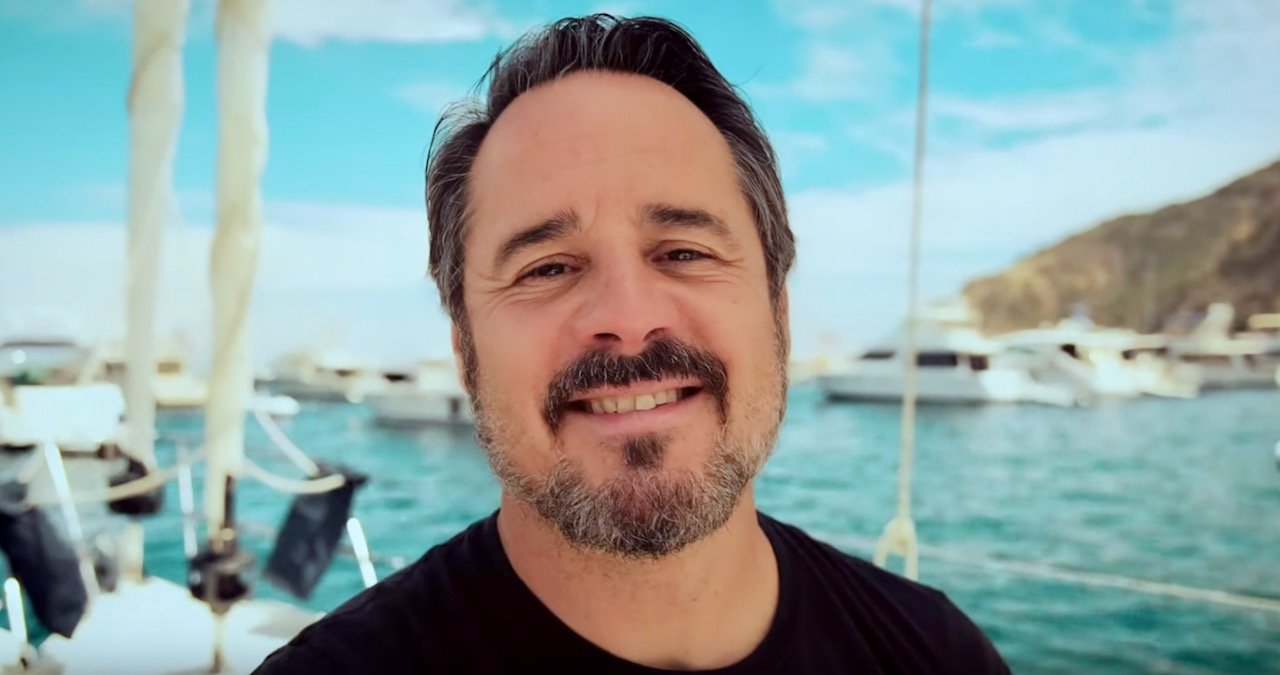
JUNO award-winning music producer Chris SD created Sync Songwriter with a mission to help indie artists and songwriters. We will teach you:
- How sync licensing works.
- How to prepare your music for sync licensing.
- How to licence your music by building relationships and pitching to music supervisors like a professional.
We also introduce you to many of today’s top music supervisors.
Whether you want to break into the world of sync licensing or find a sync agent to represent you and your music, you not only need to know what to do right, but also what not to do when preparing and pitching your music.
To learn more about Sync Songwriter or if you still have questions about how to find a sync agent, feel free to contact us.
Leave a Reply
Hey! Give us a shout about anything really.
contact Sync Songwriter
Our goal is for you to start getting your music into TV & film.
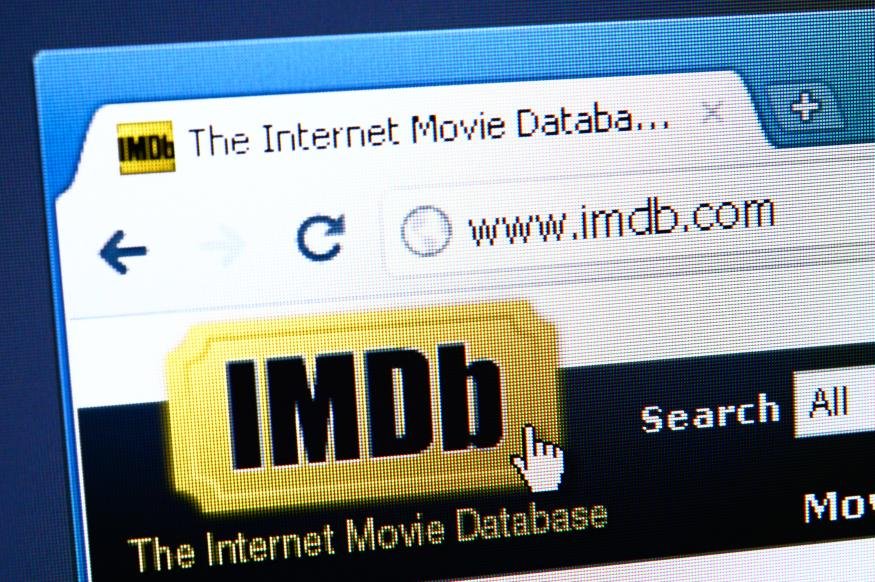
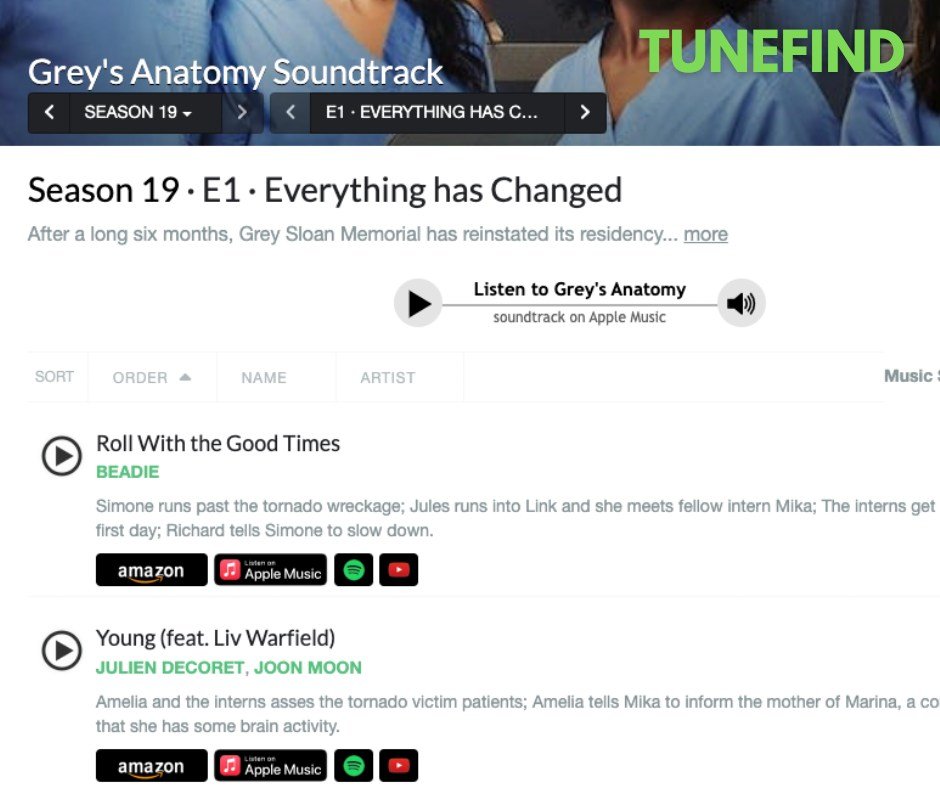
Very interesting having sync agent. How can we find them? In using the Guild of Music Supervisors? Thanks Chris.
ThankYouDear
Do Sync agents also take part of the publishing?
Hi,
I’m a Songwriter & want to connect with a
Sync Licensing Agent for opportunities.